The Prime Minister has just issued Decision No. 2371/QD-TTg dated October 27, 2025 approving the Project "Making English the second language in schools for the period 2025 - 2035, with a vision to 2045". The goal of the project is for English to be used widely, regularly, and effectively in teaching, communication, management, and educational activities of schools, forming an ecosystem of English use in educational institutions from level 1 to level 3.
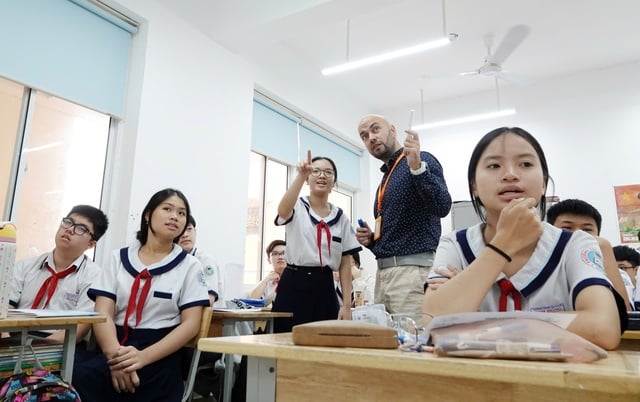
Many opinions proposed adding regulations allowing public educational institutions to recruit foreign teachers when implementing the project to make English the second language in schools.
PHOTO: DAO NGOC THACH
TWO STAGES, IMPACT NEARLY 30 MILLION LEARNERS
According to estimates by the Ministry of Education and Training, the project will impact about 50,000 educational institutions with nearly 30 million children, pupils, and about 1 million managers and teachers at all levels, fields of study, and training sectors.
The project implementation period is 20 years (from 2025 - 2045), deployed in 3 main phases.
In particular, phase 1 (2025 - 2030) will build a foundation and standardize so that English is used regularly and systematically in the educational environment. In this phase, there is a notable goal that 100% of general education institutions nationwide teach English compulsorily from grade 1 (currently this regulation applies from grade 3); 100% of preschool education institutions in cities and urban areas in favorable areas ensure conditions for implementation for children to get acquainted with English...
Phase 2 (2030 - 2035) will expand and strengthen, promote the use of English more often. Phase 3 (2035 - 2045) will complete and improve, English is used naturally, developing an ecosystem of English use in the educational environment, communication and school administration.
TEACHING ENGLISH FROM GRADE 1 IS A CHALLENGE IN TEACHER RECRUITMENT SOURCE
Making English a compulsory subject from now until 2030 is considered necessary to make English a second language. However, many opinions say that the education sector and localities will have to overcome many challenges. According to the Ministry of Education and Training, to implement compulsory English teaching from grade 1, there will be an additional English teacher position in primary schools across the country, with about 10,000 teachers.
However, the most difficult thing is not to add teachers but to recruit for this subject.
Since the implementation of the 2018 General Education Program, English has become a compulsory subject from grade 3, but the past 5 years have revealed many difficulties even though there was a roadmap for preparation. According to statistics from the Ministry of Education and Training, English at the primary level is currently the subject with the most serious shortage of teachers, especially in mountainous provinces, remote areas. Reality shows that many schools in these places have almost no English teachers, have staffing quotas but cannot recruit. Many localities have to organize teachers to teach inter-school, teach more than the prescribed number of hours, second teachers from favorable areas to support difficult areas; some places have to "ask for help" from schools and education sectors of other provinces for support...
At the end of September, the National Council for Education and Human Resources Development held a meeting to solicit comments on the draft of this project. Regarding implementation conditions, the most important issues are the teaching staff and facilities and teaching equipment.
Mr. Lam The Hung, Deputy Director of the Department of Education and Training of Tuyen Quang , commented that implementing the project in a locality with many ethnic minorities is a difficult task for both teachers and students. Despite the investment of resources, teaching Vietnamese before entering grade 1 for ethnic minority children has not achieved the desired results. Students can understand but their ability to express is limited. In that context, implementing English as a second language is even more difficult. Therefore, Mr. Hung suggested that there should be goals, roadmaps and required results suitable to the conditions of each region.

Hanoi teachers increase teaching English and exchange with students in mountainous areas
Photo: TN
RECRUITING FOREIGN TEACHERS IN PUBLIC SCHOOLS SHOULD BE ALLOWED
Ms. Nguyen Kim Dung, Director of Legal Affairs and External Relations, British University Vietnam, proposed adding regulations allowing public educational institutions to recruit foreign teachers; allowing classes to be arranged according to English proficiency; having regulations on socializing and sponsoring English teaching software for schools; issuing a list of foreign language teaching certificates accepted in Vietnam...
Teacher Nguyen Xuan Khang, Chairman of the Marie Curie School Board (Hanoi), believes that making English the second language in schools requires clear steps. In particular, building a team of teachers with English proficiency is not only necessary for English but also very important for many other subjects. This team of teachers needs to be properly trained, possibly through domestic training programs or sent to study abroad.
In addition, according to Mr. Khang, "opening the door" to attract educational experts from abroad is also a feasible solution. There needs to be an open mechanism to attract these experts, including the quick and easy issuance of visas and practice licenses. That not only helps improve the quality of teaching but also creates opportunities for exchange and learning between domestic and international teachers; thereby improving the quality of education and improving English proficiency for students.
Mr. Khang also believes that it is necessary to apply a pilot method and gradually expand the teaching of subjects in English. The general spirit is to encourage localities and subjects that are capable of implementing it first to pilot it first, instead of waiting for everyone to start at the same time. In particular, big cities like Hanoi and Ho Chi Minh City should be encouraged to take the lead in this. In particular, a pilot should be conducted for a number of qualified schools to implement teaching natural science subjects in English...
With the determination to take the lead in implementing this policy, the leader of the Hanoi Department of Education and Training said that at the end of October, more than 600 teachers of Hanoi primary schools were trained in methods to make English the second language in schools, focusing on building an environment for students to communicate in English regularly. This is the foundation for making English the second language to be implemented systematically and scientifically right from the primary level.
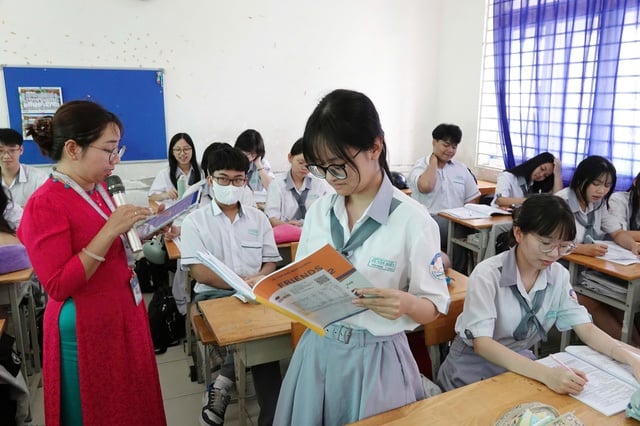
The most difficult thing is recruiting teachers for English.
Photo: Dao Ngoc Thach
Professor Nguyen Quy Thanh, Principal of the University of Education (Hanoi National University), said that making English a second language is about training thinking and learning about culture, not just speaking, listening, reading and writing skills. It is necessary to exploit the results of the 2020 Project on teaching foreign languages in the national education system as well as overcome all limitations.
According to Professor Thanh, the roadmap should have a preparation period of at least 10 years. Because making English a second language requires using it in subjects, not just learning English. Therefore, to have teachers teaching math and natural sciences in English, the first batch will not be available until 2030. "Teaching culture in English is very different from teaching English," Professor Thanh emphasized.
About 22,000 English teachers are needed.
The Ministry of Education and Training believes that in terms of resources, after the project is issued, the central and local agencies and organizations subject to the project's adjustment are responsible for implementation. In particular, for preschool education, to successfully implement the project, there needs to be 1 position of English teacher in each preschool education institution. Thus, it is expected that there will be an additional position of English teacher in public preschool education institutions nationwide, an additional 12,000 people.
For primary schools, to implement compulsory English teaching from grade 1, there will be an additional 10,000 English teachers in primary schools across the country.
In addition, it is necessary to train and foster English and professional and pedagogical skills for at least 200,000 teachers teaching in English from now until 2035 to meet the needs and goals of the project.
Source: https://thanhnien.vn/tieng-anh-thanh-ngon-ngu-thu-hai-trong-truong-hoc-bai-toan-kho-nhat-la-giao-vien-185251029232205003.htm


![[Photo] National Assembly Chairman Tran Thanh Man receives foreign ambassadors who came to say goodbye](https://vphoto.vietnam.vn/thumb/1200x675/vietnam/resource/IMAGE/2025/10/30/1761820977744_ndo_br_1-jpg.webp)

![[Photo] General Secretary To Lam attends the Vietnam-UK High-Level Economic Conference](https://vphoto.vietnam.vn/thumb/1200x675/vietnam/resource/IMAGE/2025/10/30/1761825773922_anh-1-3371-jpg.webp)
![[Photo] The Third Patriotic Emulation Congress of the Central Internal Affairs Commission](https://vphoto.vietnam.vn/thumb/1200x675/vietnam/resource/IMAGE/2025/10/30/1761831176178_dh-thi-dua-yeu-nuoc-5076-2710-jpg.webp)
![[Photo] Touching scene of thousands of people saving the embankment from the raging water](https://vphoto.vietnam.vn/thumb/1200x675/vietnam/resource/IMAGE/2025/10/30/1761825173837_ndo_br_ho-de-3-jpg.webp)
![[Photo] General Secretary To Lam meets former British Prime Minister Tony Blair](https://vphoto.vietnam.vn/thumb/1200x675/vietnam/resource/IMAGE/2025/10/30/1761821573624_tbt-tl1-jpg.webp)


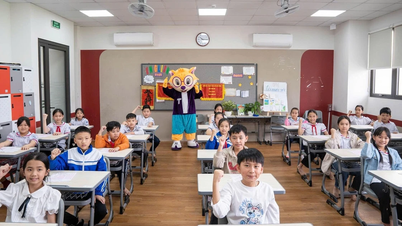

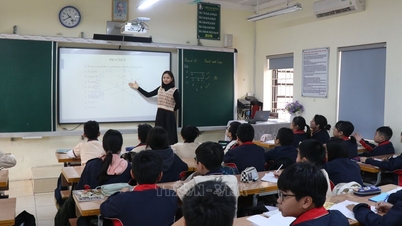




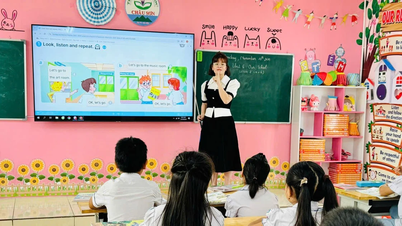

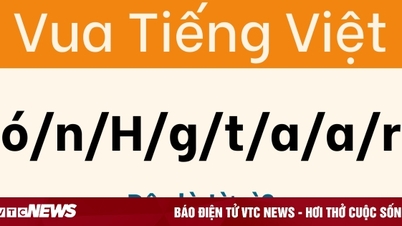

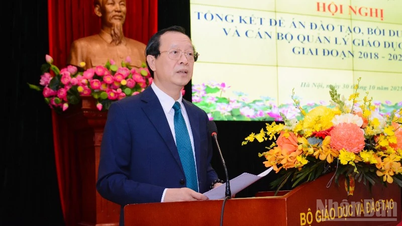

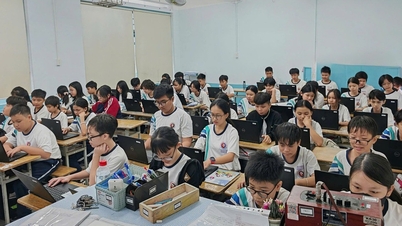













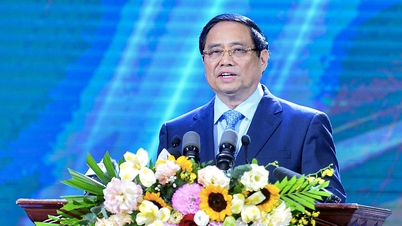





































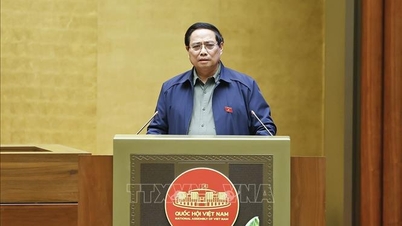

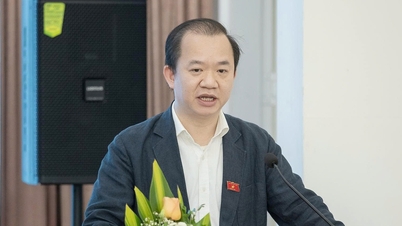




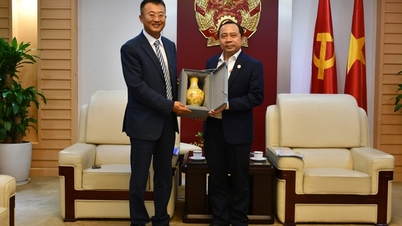


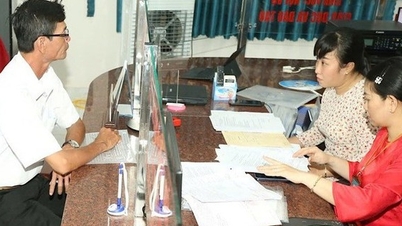








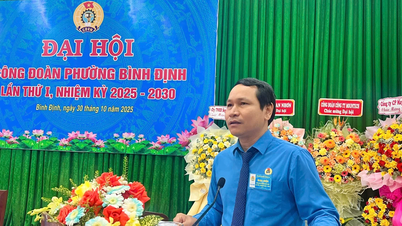

















Comment (0)